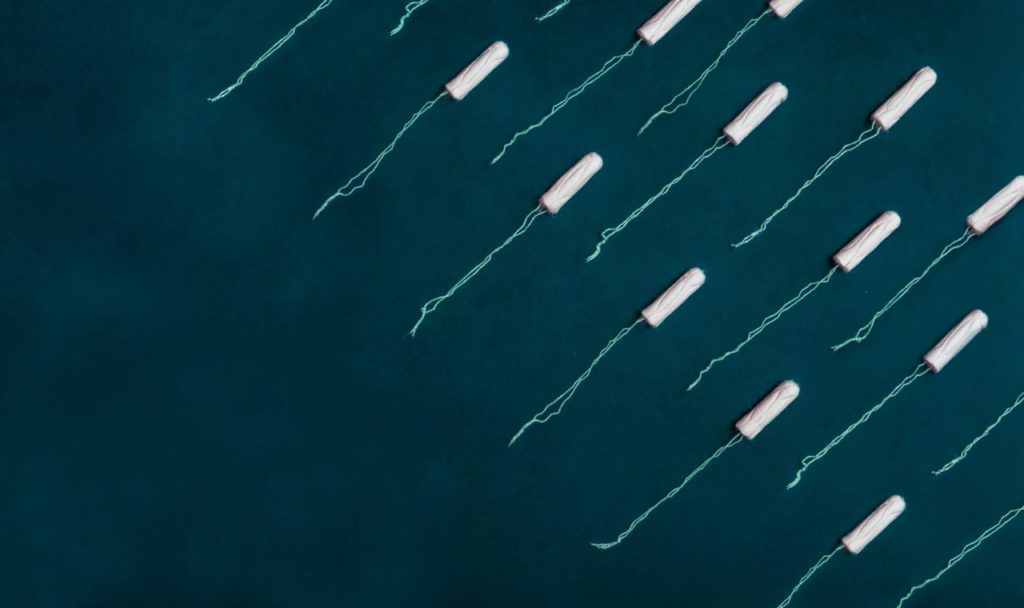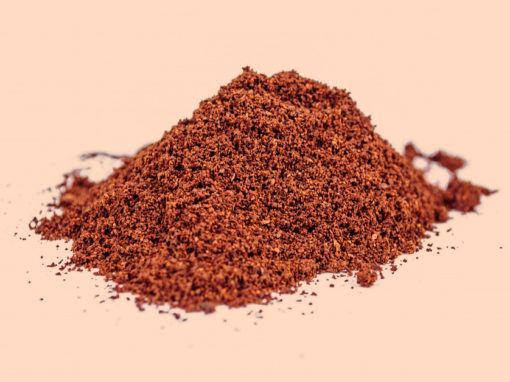Oligospermia is a medical condition caused by poor sperm production, abnormalities with sperm function, or obstacles that limit sperm delivery. These issues reduce the partner’s potential for becoming pregnant.
This article discusses the causes, symptoms, treatments, and prevention of oligospermia.
What is oligospermia?
Oligospermia is a male fertility problem due to low sperm count. According to the World Health Organization, men normally have 15 million per milliliter (mL) per ejaculation. Anything less than this is considered low and may be diagnosed as oligospermia.
What are the causes of oligospermia?
The many root factors leading to oligospermia are as follows:
Varicocele
A varicocele is an expansion of the veins in the pouch of skin that surrounds your scrotum. This happens when blood accumulates in the veins rather than circulating out of the scrotum, obstructing blood flow to the testicles. Varicocele often develops over time or throughout puberty. It may cause poor testicular growth, insufficient sperm production, or other problems that make it difficult to conceive.
Infection
Sexually transmitted diseases (STDs) and viral illnesses can harm your reproductive system and reduce sperm count. Therefore, if you suspect an STD, it is critical to be tested and, if positive, to start treatment immediately.
Ejaculation issues
Retrograde ejaculation, or a ‘dry orgasm,’ might reduce sperm count. This occurs during orgasm when semen ends up in the bladder rather than emerging through the penis. Although not dangerous, this condition may lead to male infertility.
People who have undergone prostate and urethral surgery, have diabetes or multiple sclerosis or take medications for high blood pressure, depression, or multiple sclerosis have a higher risk of retrograde ejaculation.
Medications
Sperm count may be impacted by both prescription and illicit drugs. Medications known to reduce sperm count include chemotherapy, beta-blockers, blood pressure medicines, antibiotics, and long-term anabolic steroid usage.
Hormonal imbalance
The pituitary and brain glands create sperm-production hormones such as testosterone and prolactin. Changes in these hormone levels affect sperm production. Thus, having low testosterone or high prolactin levels are imbalances that can reduce sperm count.
Chemical and metal exposure
Pesticides, cleaning products, paint, and heavy metals like lead are endocrine disruptors. As a result, men exposed to heavy metals and chemicals may have lower seminal quality, which is linked to infertility.
Genetic conditions
According to the National Institutes of Health, genetic abnormalities account for 2%–8% of occurrences of male infertility. Inherited disorders linked to male infertility include Klinefelter’s syndrome, cystic fibrosis, Kallmann’s syndrome, Kartagener’s syndrome, Y chromosome deletions, and altered chromosomes.
Drug and alcohol use
The production of sperm is negatively impacted by marijuana, cocaine, tobacco, and alcohol, among other short- and long-term health impacts. Reduced sperm concentrations in the semen and abnormal sperm shape, which affects movement or swimming ability, are two examples of adverse effects.
Heat exposure
The temperature in your scrotum may rise if you constantly sit, use computers over your genitals, or dress tightly. As a result, it may temporarily affect sperm production. This is because the ideal temperature for optimal testicular function, producing sperm, is lower than the body’s.

What are the symptoms of oligospermia?
The main sign of oligospermia is the inability to have a child with a spouse.
Symptoms of a low sperm count may include:
- A lack of motivation for sexual activity or difficulty keeping an erection.
- Pain, swelling, or a bump around the testicles.
- Reduced hair growth on the face or body or other indicators of chromosomal or hormone abnormalities.
Treatments for oligospermia
There are specific methods to improve sperm count and conception chances if you have a low sperm count.
Home remedies
Home remedies to overcome oligospermia include:
- Maintaining regular intercourse when your spouse is ovulating increases the chances of pregnancy
- Working with your partner’s doctor to track ovulation and determine the ideal periods for sexual activity to promote pregnancy
- Avoid using lubricants during sex because some lubricants and oils may reduce sperm motility and hinder their ability to reach and fertilize the woman’s egg
Lifestyle changes
Excess weight can directly reduce how much sperm your body can make. Hence, losing the extra pounds and taking steps to maintain a healthy weight can improve sperm count and concentration.
Also, avoiding hot tubs or baths can prevent overheating of testicles. Particularly, abstaining from drugs and smoking can lessen the disruption in testosterone production and increase sperm production.
Medication
Prescription drugs such as methadone and nitrofurantoin may lead to decreased sperm counts and abnormal hormone levels. For example, your doctor may prescribe antibiotics to treat infections in your testicles. So, do check with your doctor if it would cause oligospermia.
Surgery
Surgery may be required to treat varicocele. During the procedure, your doctor will seal off the enlarged veins and divert blood flow to another vein. As a result, the enlarged veins are expected to return to their normal size, restoring sperm regularities. You should consider the surgery if you’re experiencing infertility or pain due to varicoceles.
Supplements
- Fenugreek is a herb that may be used to boost libido, sexual function, and testosterone levels. It could also aid sperm motility and poor sperm count caused by hormonal changes.
- D-aspartic acid (D-AA) is a supplement that contains an amino acid that can raise testosterone levels and enhance the number and quality of sperm. In addition, this supplement may help in addressing hormonal abnormalities.
- Ashwagandha is a herb that increases fertility and supports reproductive health. Sperm count and motility can be improved with 5g of ashwagandha per day.
Reproduction assistance
If your partner is still unable to get pregnant, you can consult a fertility professional to learn more about reproduction assistance, such as sperm retrieval and in vitro fertilization (IVF).
IVF entails removing mature eggs from a woman’s ovaries and fertilizing them with sperm in a laboratory. After that, a uterus receives the fertilized eggs. According to research, IVF has the highest pregnancy rate among males with oligospermia.
How to prevent oligospermia?
You can take steps to prevent oligospermia if it is not due to a medical condition. For example, if the issue is caused by lifestyle choices. Safeguard your fertility by adopting a healthy lifestyle with the following tips:
- Sleep 7 to 8 hours per night to help improve semen quality.
- Exercising regularly can increase testosterone levels and semen quality. In addition, strength training is effective for boosting testosterone.
- Managing stress with frequent meditation, exercise, and other stress-reducing techniques can help improve sperm count and quality.
- Avoid smoking as it reduces semen quality, interferes with IVF, and contributes to erectile dysfunction.
Other medications for low sperm count
andSons offers medication for low sperm count:
This medication contains key ingredients such as ashwagandha root extract, maca root extract, copper, magnesium glycinate, zinc, and vitamin D3. All these aid in increasing libido and fertility, boosting energy and endurance and supporting the immune system. Moreover, it helps reduce anxiety and stress.
The medication comprises everything you need to treat oligospermia. So get yours now!
Conclusion
Oligospermia is treatable with the right medications and lifestyle changes. As such, there is usually nothing to worry about.
This article is for informational purposes only and does not constitute medical advice. The information contained herein is not a substitute for and should never be relied upon for professional medical advice.
Book a consultation with andSons Malaysia’s medical team to learn more about sexual health conditions and available treatments here.


